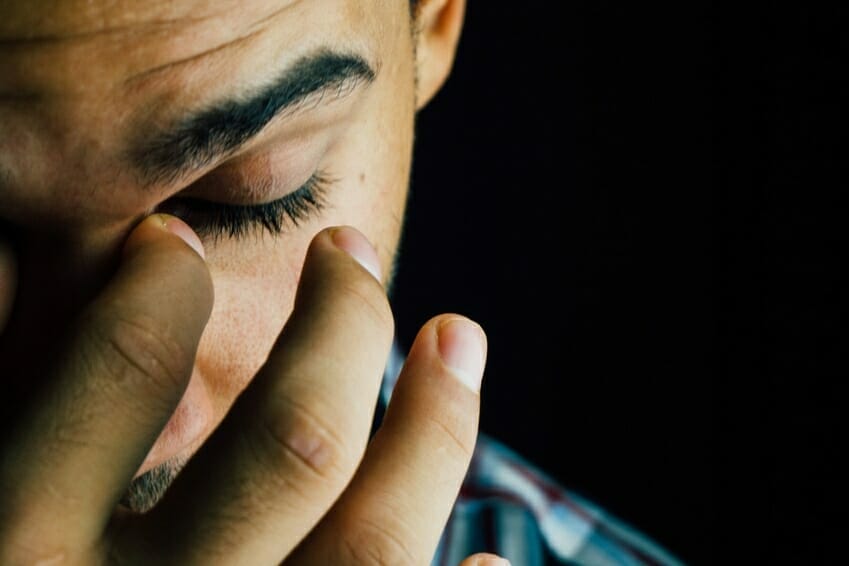
- October 29, 2018
- Attorney David Mann
- Car Accidents Personal Injury
Drowsy Driving Prevention Week
Drowsy Driving Week runs from Nov. 4-11 this year and is a good reminder as the holidays approach of the vital importance of staying alert behind the wheel.
The American Sleep Foundation reports that 50% of American adult drivers admit that they regularly drive when they feel tired. Approximately 20% admit to nodding off while driving in the last year. At least 40% said this happened to them at least one time in their driving lives.
These alarming figures highlight just how dangerous drowsy driving is. If you fall asleep behind the wheel, not only do you risk serious injury or death for yourself — you also could injure or kill innocent drivers, passengers, and pedestrians. In fact, many pedestrian accident injuries result from such incidents.
How Drowsiness Affects Our Driving
Many Americans do not realize just how much being sleepy behind the wheel affects driving. For some of us, being drowsy is just as bad as drinking and driving:
- Your reaction times, awareness of road hazards and ability to keep your attention all get worse as you get drowsier.
- Driving after going at least 20 hours without sleep is like driving drunk with a BAC of .08%, which is the point at which you are considered legally intoxicated in all U.S. states.
- You are three times as likely to be in a car accident if you are drowsy.
Drivers may be unaware they are sleepy because signs are hard to pinpoint. Some drivers may experience micro-sleep, which is a short, seconds-long burst of inattention. Falling asleep for just a few seconds means you may be ‘out of it’ for the length of a football field, if you are driving 55 mph.
How to Reduce Drowsy Driving Accidents
Drowsy driving affects all of us but is especially prevalent for those under 25. At least 50% of drowsy driving crashes involve people in this age bracket. This means that focusing attention on those under 25 can make a big impact on the number of fatigued driving injuries and deaths. Some of the other ways that drowsy driving accidents can be minimized are:
- Get more rest: The American Academy of Sleep Medicine and Sleep Research Society reports that adults should get at least seven hours of sleep each night.
- Medication labels: A Consumer Reports study found in 2015 that side effects warnings on drug bottles are not always clear. New labels could help drivers better understand when it is safe for them to drive after taking a medication.
- Employers: Companies with strong safety and health programs can emphasize the need to get enough sleep.
- University interventions: College students often do not get enough sleep, with some sleeping less than six hours per night. Education programs that are focused at college students to reduce drowsy driving could be effective.
All drivers in Texas and elsewhere in the United States should remember during Drowsy Driving Week — and every week – to never drive unless they are well rested. It is just not worth the risk of injury, death and personal injury lawsuits.
Were You Injured by a Fatigued Driver? Call Us Today.
Were you or a loved one hurt by a drowsy driver? You may be entitled to compensation. Please contact a Macon car accident lawyer at the Mann Law Firm today to learn more about potential damages, including medical costs, lost earnings, and pain and suffering.



 Before leading his own firm, Mann served for several years as in-house defense counsel for a large insurance company, which gives him unique insight into how insurance companies work. He uses this critical knowledge as an advantage for his clients. He is a tough negotiator and litigator, and he is exceptionally strategic in building cases on behalf of personal injury victims.[
Before leading his own firm, Mann served for several years as in-house defense counsel for a large insurance company, which gives him unique insight into how insurance companies work. He uses this critical knowledge as an advantage for his clients. He is a tough negotiator and litigator, and he is exceptionally strategic in building cases on behalf of personal injury victims.[ 